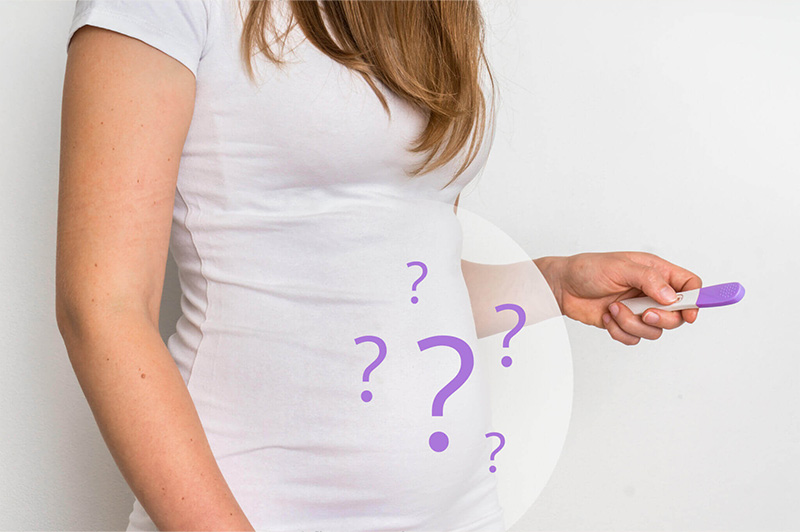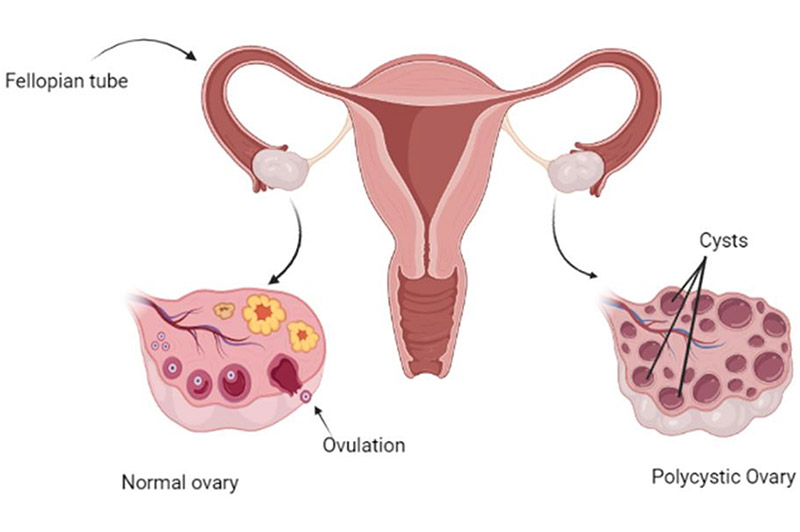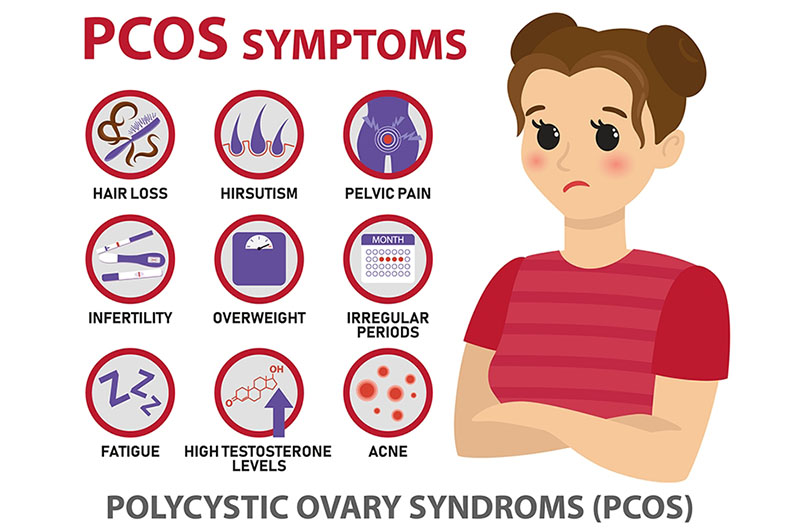
Polycystic Ovarian Syndrome - Series 4
Pregnancy with PCOS
People diagnosed with PCOS can get pregnant with or without medical assistance like stimulating ovulation or assisted reproductive techniques. Invitro Fertilisation and intrauterine insemination are examples of assisted reproductive techniques(ART).
Pregnancy complications are more frequent in women with PCOS. The good news is you can reduce the risk of having these challenges with lifestyle and dietary changes before and after conception.
This article will outline the complications of PCOS that can arise in pregnancy and how to recognise, treat, and prevent them.
PCOS complications in pregnancy
PCOS can increase your risk of complications in pregnancy. These complications may affect you or your baby.
A meta-analysis of 27 studies involving almost 5,000 women confirmed that women with PCOS have a higher risk than women without PCOS of
- Gestational diabetes mellitus (GDM) is one of the most common complications
- Pregnancy-induced hypertension
- Pre-eclampsia
- Preterm birth
- Caesarean section in that order.
While trying to conceive, you have to live a healthy life and avoid alcohol, smoking, marijuana and other recreational drugs. Having a nutritious diet, exercise and avoidance of harmful substances will increase your chances of conception and reduce your risk of complications.
Risks in the mother
Gestational diabetes mellitus
Your doctor can confirm the diagnosis of gestational diabetes after an oral glucose tolerance test between the 4th and 6th months of pregnancy. This type of diabetes only occurs in pregnancy and resolves after you have your baby.
You might have gestational diabetes if you experience the following:
- Tiredness
- Frequent passing of urine
- Frequent feelings of thirst
- Blurred vision
- Glucose or sugar in the urine
- Recurrent boils, vaginal or urinary tract infection
Work with your doctors and dieticians to maintain your blood sugar level throughout pregnancy. The dieticians will make a healthy eating plan specific to you, which ensures you get all the nutrients you need in the right amounts while maintaining your blood glucose.
Follow a healthy eating plan, and be physically active such as taking walks to avoid sitting for prolonged periods. Ask your doctor what type of activity is best for you.
Take your diabetes medicine as prescribed and follow the meal plan from your dietician.
Although pregnancy comes with specific cravings, you have to curb the sugar cravings as much as possible and control food portions. Resist the temptations to go overboard because you are ‘eating for two’. Your energy and food requirements increase but do not double because you are pregnant. You can keep your blood sugar under control by eating in moderation.
Pregnancy-induced hypertension
Pregnancy-induced hypertension is an elevated blood pressure above normal from the 20th week of pregnancy. If your blood pressure becomes elevated before 5the month of pregnancy, it is not likely to be the pregnancy. You most likely had a high BP before the pregnancy. Pregnancy can induce high BP in those with hypertension before pregnancy, necessitating further drug adjustments. Hypertension has no symptoms; therefore, it is best to check it as often as possible.
Pre-eclampsia
Pre-eclampsia is a condition that is seen only in pregnant women. The features of pre-eclampsia are a sudden increase in blood pressure and body weight from body swelling after the 20th week of pregnancy.
Symptoms of preeclampsia
- Headaches
- Visual problems (blurred vision or complete visual loss)
- Leg swelling
- Facial swelling
- Foamy urine due to protein in the urine
- Tummy aches
- Rapid weight gain
- Nausea
Pre-eclampsia can increase the risk of preterm birth and C-section delivery, as delivery is the definitive treatment if drug treatment fails to bring the BP under control.
Early delivery can save the mother’s life since it can prevent the risk of damage to the mother’s kidney, brain and liver. In addition to the symptoms of pre-eclampsia, eclampsia can cause seizures that harm both mother and child. In severe cases, it can be fatal.
Risks to the baby
Miscarriage/stillbirths
Poorly controlled blood glucose in pregnancy can increase the risk of birthing a child with a birth defect. A malformed child has a higher chance of being miscarried, dying in the womb or immediately after delivery.
Cesarean birth
The chances of Caesarean section delivery are higher because the babies tend to grow bigger than ideal for their ages which precludes vaginal delivery. Secondly, it is best to deliver a baby in distress (abnormally high or low heart rate) through a Caesarean. If a woman is in labour with markedly elevated blood pressure that is not responding to drug treatment, a Caesarean section is the best for the mother.
Premature birth
A baby may need to be born prematurely as the treatment for pre-eclampsia, where the mother’s life is in danger, and the baby is mature enough to survive life outside the womb.
Childhood obesity
Children born prematurely are more likely to become obese, according to research. Children born by mothers who have diabetes during pregnancy are born big and at more risk of childhood obesity.
PCOS in female children in future
Mothers with PCOS are likely to have female children who also have PCOS from adolescence.
How to care for yourself during pregnancy
Gestational diabetes
Suppose you have GDM or impaired glucose tolerance; you must monitor your blood glucose regularly. You may be able to control it with dietary change alone or both medications and dietary change. This does not necessarily mean you will continue the drug after delivery. Your doctor would monitor your levels to decide whether or not you need to. Keep to your dietary plan from the dietician.
Pregnancy-induced hypertension
Pregnancy-induced hypertension can lead to pre-eclampsia. Check your BP regularly. The antenatal visit is an excellent opportunity to check your BP and urine for protein to determine when you develop pre-eclampsia, as symptoms like swelling and weight gain are similar to usual pregnancy symptoms. Maintain a low-salt diet and avoid processed and preserved junk with a lot of salt.
Pre-eclampsia
Have a weighing scale at home. If you add a lot of weight in a short time, see your doctor. Headaches and pain by the right side of your tummy or inability to pass urine or pass little at a time. Don’t wait till your next antenatal visit date.
If you develop preeclampsia during pregnancy, your doctor will monitor you closely because it can affect the mother’s kidneys, liver, and brain.
PCOS increases the risk of pregnancy complications, but you can mitigate this by starting lifestyle/dietary changes before conception and maintaining it throughout pregnancy. Women with PCOS who are trying to conceive should also be taking folic acid to reduce the risk of abnormal development of the nervous system.







